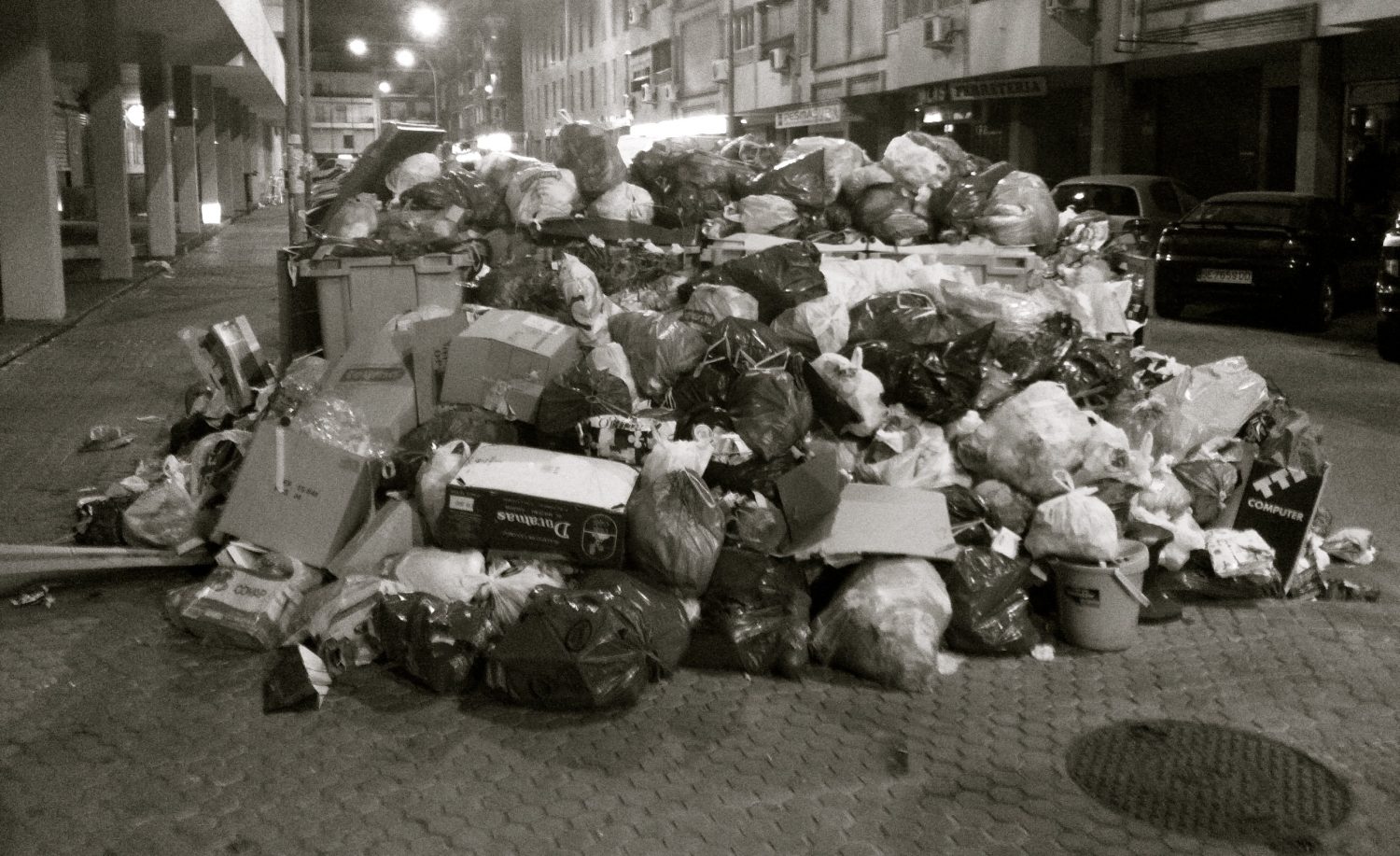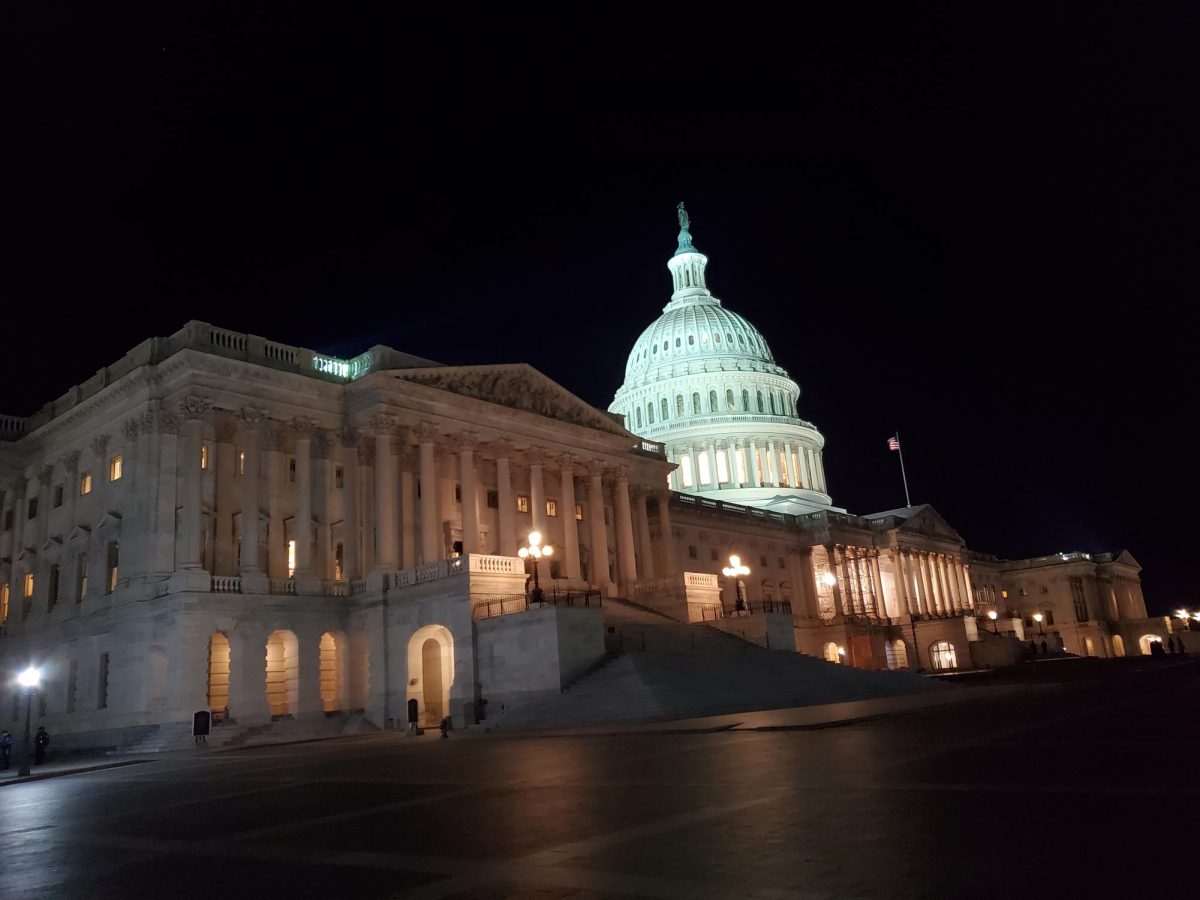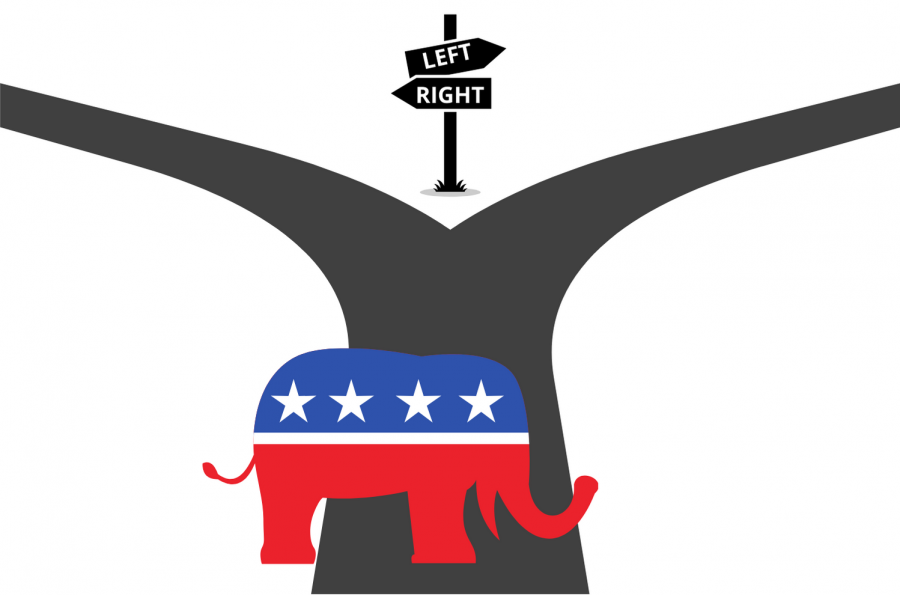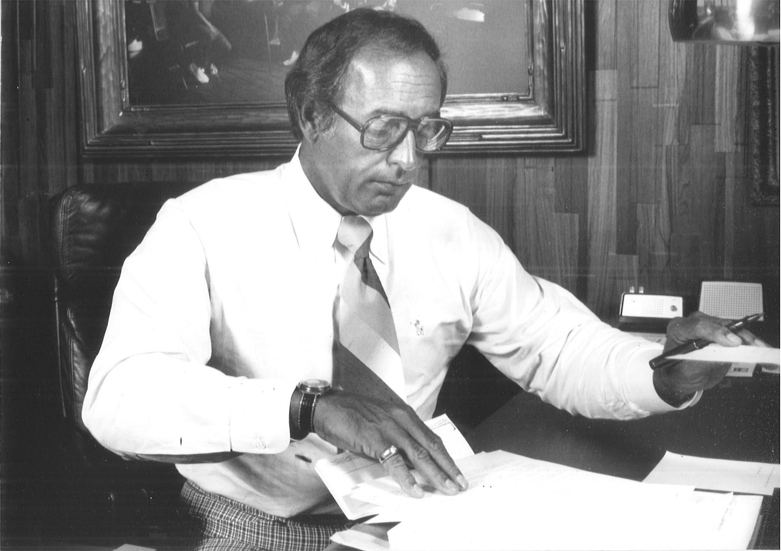Spanish Prime Minister Mariano Rajoy is facing recent scrutiny concerning claims that he and other members of Spain’s Popular Party (PP), the current governing party, received payments under the table.
Rajoy strongly denied the allegations in a PP national executive meeting saying, “I have never received nor distributed undeclared money.” Rajoy continued by adding, “It is not true that we received cash that we hid from tax officials.” He concluded by promising to publish his income and asset statements on the party’s website.
The accusations were first published in “El Pais,” the highest-circulation newspaper in Spain, as photographs of ledgers showing payments to PP members. The ledgers said Rajoy had collected €25,200 ($34,000) a year between 1997 and 2008. “El Pais” said the ledgers published were kept by former treasurers Luis Barcenas and Alvaro Lapuerta between 1990 and 2009. The money was allegedly paid by firms via Barcenas, the party’s ex-treasurer, who stepped down in 2009 and is currently under investigation for money laundering.
Rajoy was elected by a landslide in November 2011 with a campaign promise of reducing the national deficit. He faces the task of steering Spain through its worst economic crisis in recent history. His campaign sought to portray him as the crisis manager needed to avert a Spanish bailout. Rajoy was schooled in government under former center-right Prime Minister Jose Maria Aznar and was successively the minister of public administration, education and culture, and the interior, and was chosen by Aznar as his preferred successor at the 2004 election, when the party was tipped to win a third term. He later faced two defeats for the presidential election before finally winning in 2011.
The corruption scandal has unnerved Spanish voters and markets alike. The unemployment rate in Spain has reached an unprecedented 26 percent and Spain suffers from uncompetitiveness inside the eurozone, excessive household and company debts, a troubled banking sector and harsh government austerity. As a result, several hundred demonstrators gathered outside the party headquarters shouting “thieves” and “resign.”
Rajoy’s administration introduced a new stimulus package to counterbalance harsh austerity measures in effect because of pressure from European peers. The package included tax breaks for entrepreneurs but will likely have very little effect on most of the measures.
The government is also seeking to cut its deficit, its yearly overspending and resulting borrowing need, from 9.4 percent of economic output in 2011 and 6.3 percent last year, to 4.5 percent this year and 2.8 percent next.
From the end of 2011, the European Central Bank (ECB) offered banks in the eurozone’s troubled southern economies unprecedented and cheap four-year loans.
As a result, banks are now finding it easier to borrow, but they are still cutting back on how much they are willing to lend to the rest of the economy, according to the ECB.
According to Carsten Brzeski, an economist at the Dutch financial group ING, said, “this illustrates the double credit whammy in the euro zone, tightening of credit conditions on supply side and a fall in demand; it’s a squeeze on both sides.”
Recent survey data from research firm Markit indicated that recent retail sales across the single currency area fell for the fifteenth month in a row in January. “[It] reminds us that consumers remain under pressure from high unemployment, squeezed incomes and uncertainty about the financial outlook, and that any substantial upturn in domestic demand, especially from households, is unlikely to occur any time soon and is therefore unlikely to help drive economic recovery,” said Chris Williamson, Markit’s chief economist.
The economic turmoil has spiraled in recent weeks with numerous strikes taking place around the country. Among these is the garbage strike in Seville, Spain. The labor dispute started last month after the 1,600 employees of Lipasam, the municipal street cleaning company, rejected a plan to reduce their wages by 5 percent while increasing their working hours — conditions that city officials are demanding to comply with the Spanish government’s demand that local authorities balance their books.
About 4,500 tons of garbage have accumulated here since the strike started, clogging some of the narrow streets of Seville. Over the past three months, similar strikes by garbage collectors also occurred in Jerez de la Frontera and Granada, two of Andalusia’s other large tourist cities.
Rajoy has received the backing of both German Chancellor Angela Merkel and the International Monetary Fund, both of whom have said his government’s austerity package was progressing well. But the outbreak of protests seem to suggest there is more work to be done.








